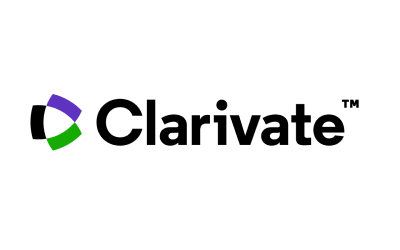Comments on the Unified Patent Court’s (UPC) decision to grant Mathys & Squire‘s access to evidence in a Unified Patent Court case between Astellas and Healios
Background
Mathys & Squire, the intellectual property law firm, had brought a test case to try and improve the transparency of the operations of the UPC.
In recent decisions, the UPC had been restricting the access of third parties to pleadings and evidence in UPC cases that should have been accessible on request.
The principles of openness and transparency in court proceedings and the rights of third parties to access public documents are well-established principles in International and European law.
The UPC is a new court system (just over a year old) that will have the power to enforce patents across much of the European Union.
Comments from Nicholas Fox, Partner at Intellectual Property Law firm Mathys & Squire: “We are delighted that the Unified Patent Court has finally granted our request to access the pleadings in this case.
“However, the way in which our request has been processed still raises significant concerns about the UPC’s commitment to transparency and open justice.
“It has taken more than eight months for the court to process our request. The exceptionally slow processing of the request has delayed our access until after the underlying case was settled.
“The Judge-Rapporteur has previously stated an intent that the access request would be processed “expeditiously” as soon as an appeal relating to another document access request had been concluded. Those appeal proceedings concluded on 10 April, and yet the court has taken more than four months to process our application and issue a decision granting our access request.
“So far, the UPC has yet to grant access to written pleadings and evidence in a case prior to an underlying matter being concluded.”
You may also like…
Clarivate delivers new AI-powered solutions within Innography for competitive benchmarking and standard-essential patent analysis
AI Classifier delivers patent classification with up to 97% first-pass accuracy for portfolio benchmarking, while SEP...
New Minister appointed with responsibility for intellectual property
The UK Intellectual Property Office (UKIPO) CEO has welcomed the new Minister. Kanishka Narayan MP has been confirmed...
Bike safety and kitchen elegance win big at the DesignEuropa Awards 2025
COPENHAGEN — Today, the design community recognized two exceptional creations and two notable designers in the sixth...
Contact us to write for out Newsletter












